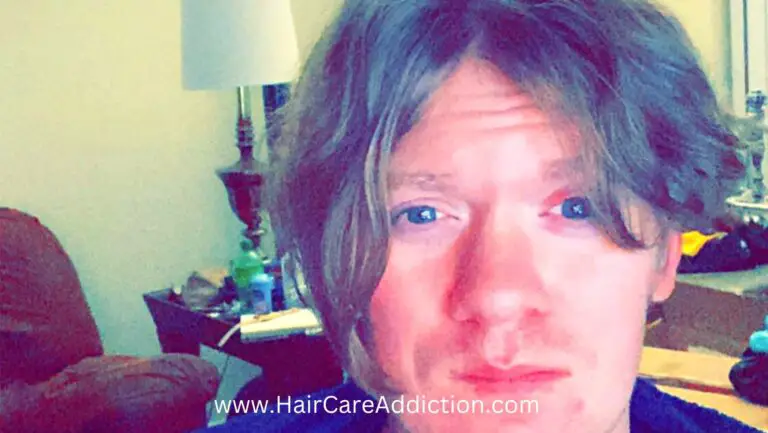Why is My Hair Greasy When I Wake Up? [Solution]
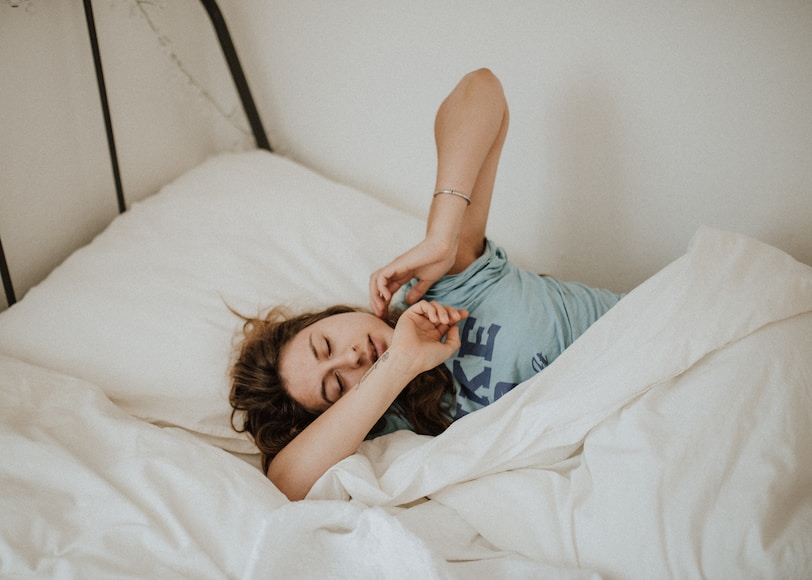
Do you ever wake up with greasy hair in the morning and wonder why it happens?
Well, we’ve got the answers for you.
The problem is that your hair gets oily overnight, and it can be caused by various factors like hormones, diet, and how you care for your hair.
But don’t worry, we’ve got some solutions to help you keep your hair looking fresh and clean. In this article, we’ll share tips on how to manage greasy hair so you can wake up feeling confident every day.
Why is My Hair Greasy When I Wake Up?
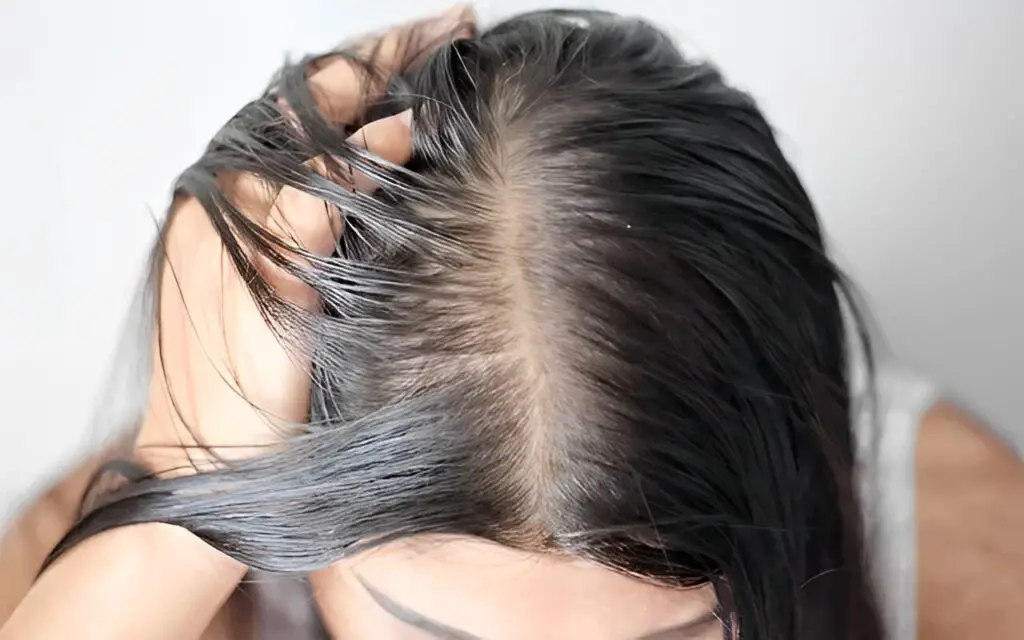
Now, let’s look into the first question, why is your hair greasy when you wake up? Indeed, it can be quite frustrating to wash your hair in the evening and find it oily the very next morning.
This greasiness is mainly due to sebum, an oily substance produced by the sebaceous glands in your scalp.
This substance helps keep your hair healthy and shiny, but sometimes, the glands produce more than required, leading to greasy hair.
Things that increase sebum production:
- Hormones, especially during puberty and menstruation, can lead to increased sebum production.
- Consuming a diet high in saturated fats and heavy oils can contribute to increased sebum production.
- Frequent washing and stripping of natural oils can prompt the scalp to overcompensate by producing more sebum.
- Washing your hair with very hot water can stimulate sebaceous glands, leading to more sebum production.
- Overly vigorous scalp massages can also stimulate sebaceous glands and result in excess sebum.
- Infrequent washing of pillowcases can transfer oil and dirt back onto your hair and scalp, exacerbating the issue.
How to Stop Greasy Hair Overnight?
If you’re dealing with greasy hair due to excess sebum production, there are some simple solutions you can try.
First, consider washing your hair every 2 to 3 days rather than daily to prevent your scalp from overproducing oil. When you do wash your hair, use lukewarm water instead of hot water, as hot water can make your scalp produce even more sebum. Be gentle when washing and avoid overly vigorous scalp massages.
Another helpful tip is to wash your pillowcases regularly to prevent the buildup of oils and dirt that can transfer to your hair while you sleep.
Dry shampoo can be a handy tool to absorb excess oil on your scalp between washes. Additionally, pay attention to your diet; try to reduce foods high in saturated fats and heavy oils.
If these solutions don’t seem to work, and your greasy hair is causing significant problems, it might be a good idea to consult a doctor or dermatologist for more personalized advice.
But remember, making these simple changes to your hair care routine and lifestyle can often help keep your hair looking fresh and less greasy in the morning.
Did you know that your hairstyle can also affect how greasy your hair gets overnight?
For example, wearing your hair loose while sleeping can cause more oil production due to the friction against the pillow.
Conversely, keeping your hair in a loose bun or braid can help reduce this friction and therefore, the greasiness. However, make sure not to tie your hair too tight as it can cause breakage.
FAQs
Can certain foods cause my hair to become greasy?
Yes, your diet can affect the health of your hair. Consuming excess oily and fatty foods can increase sebum production, leading to greasier hair. It’s recommended to maintain a balanced diet with plenty of fruits, vegetables, and lean proteins for healthier hair.
Does the type of shampoo I use affect how greasy my hair gets?
Absolutely. Using a shampoo that’s too moisturizing or not designed for your hair type can cause your hair to become oilier. Opt for a shampoo that’s specifically formulated for oily hair.
How often should I wash my hair to prevent it from getting greasy?
Overwashing can actually lead to more grease, as it strips your scalp of its natural oils, causing it to overproduce sebum. Try to wash your hair only two to three times a week and always rinse thoroughly to get rid of any residual product that can make your hair greasy.
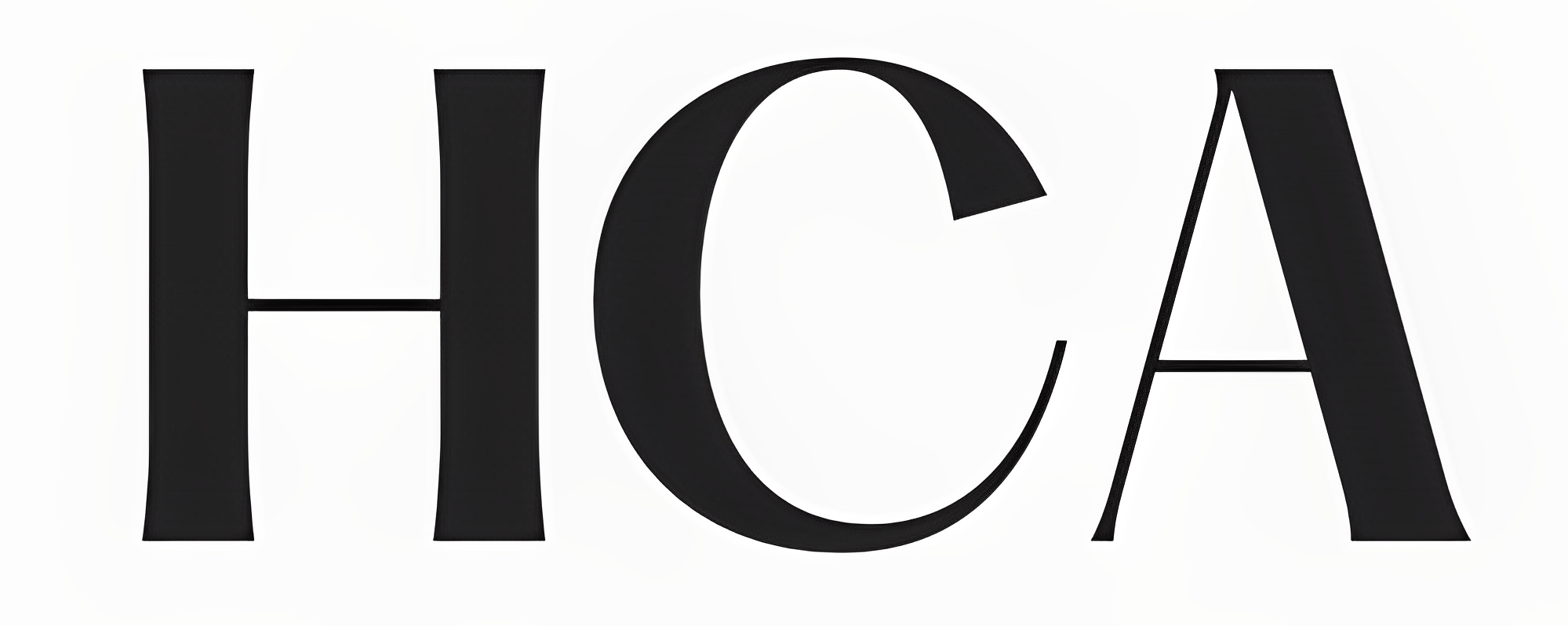
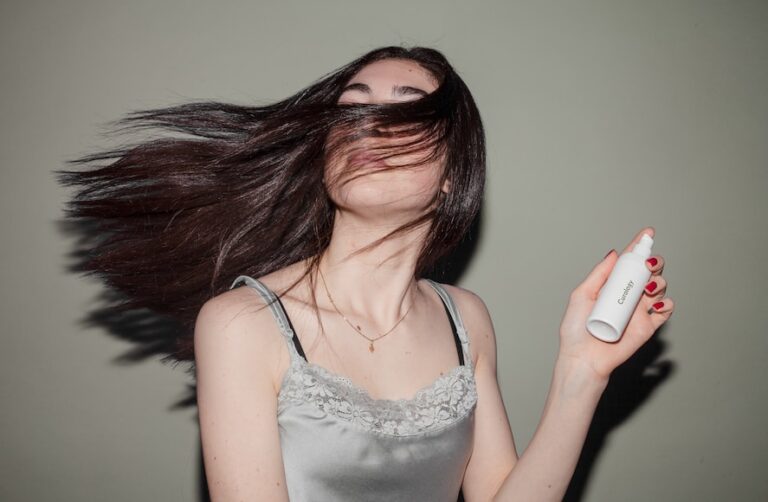
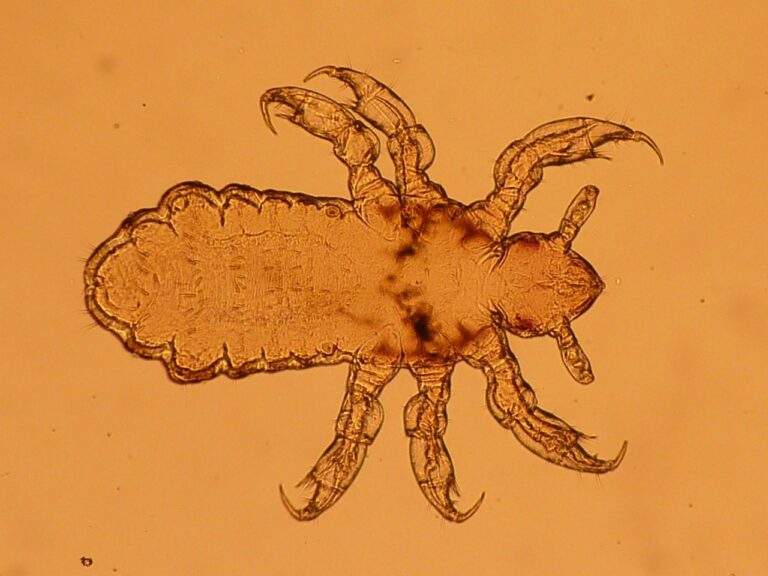
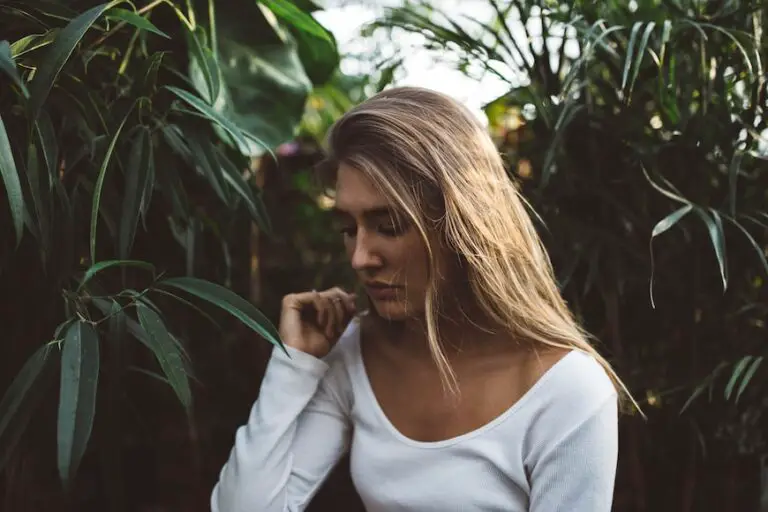

![Why is My Hair Frizzy After Shower? [Explained]](https://haircareaddiction.com/wp-content/uploads/2023/09/why-is-my-hair-frizzy-after-shower.jpg)
